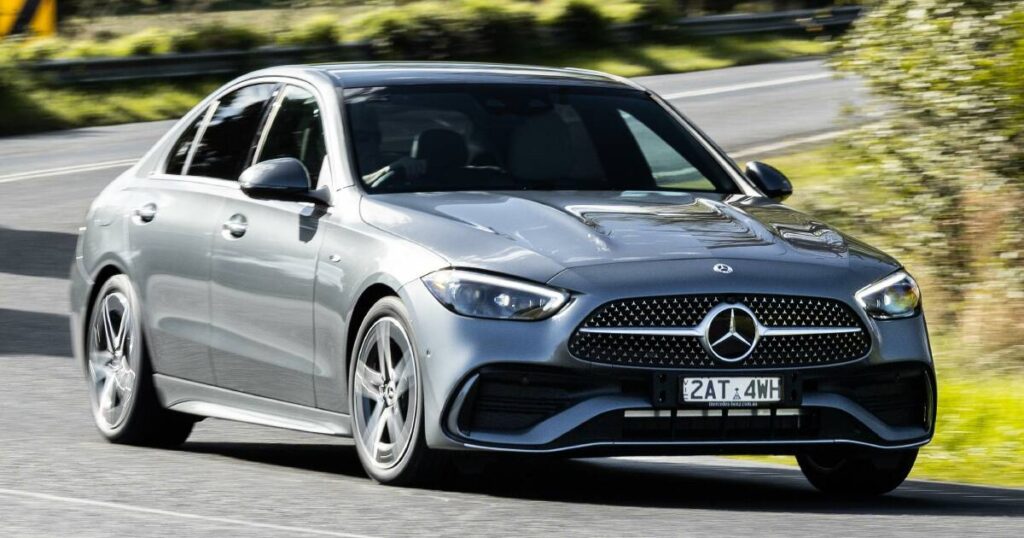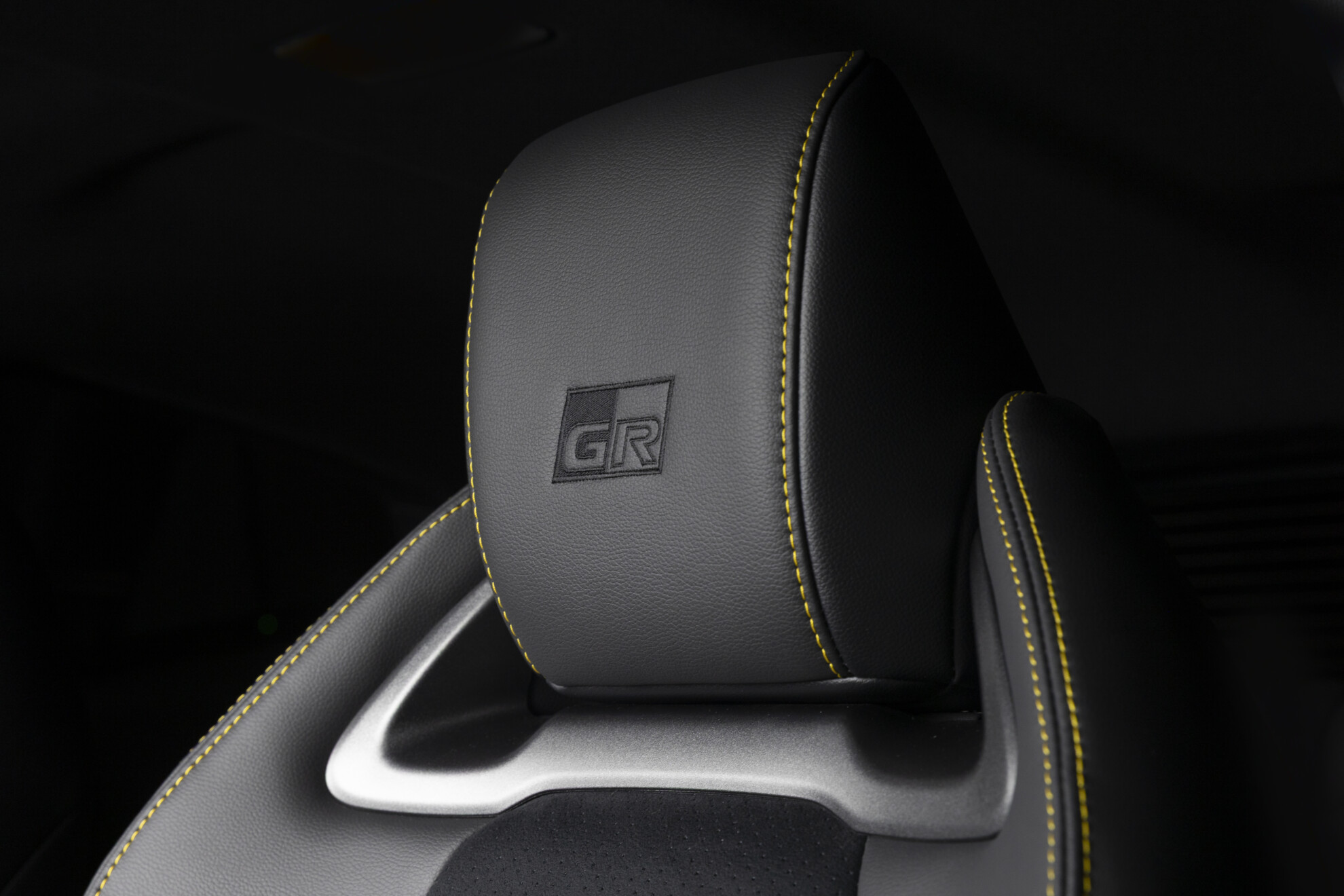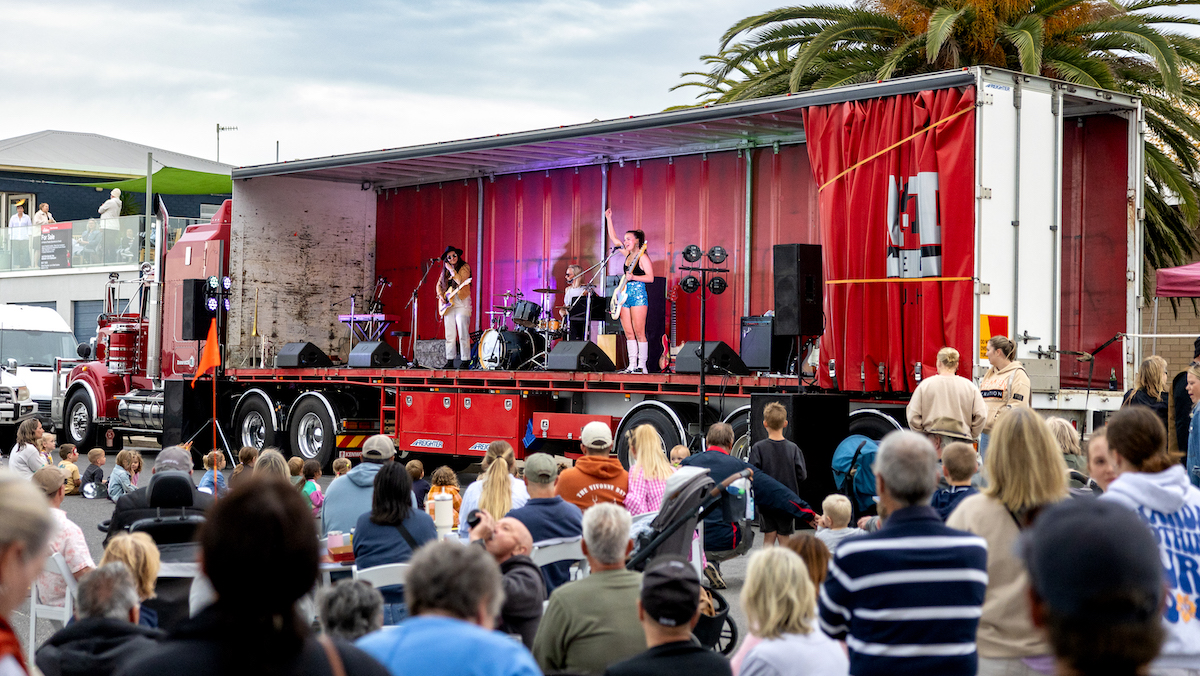
As the automotive industry continues to embrace autonomous and connected technologies, Mercedes-Benz is pioneering the concept of the vehicle as a “third living or working space.” This initiative extends far beyond traditional infotainment systems, aiming to integrate enterprise-level IT capabilities into its vehicles.
The German automaker is set to introduce these advanced features in its new-generation CLA and GLC models through the proprietary MB.OS operating system. This innovation will enable drivers to manage work tasks, participate in video meetings, and securely access corporate data while on the move.
“We were looking into how we can make our cars more productive for people who want to organize themselves and use their time inside the car,” explained Andreas Biehl, head of Mercedes-Benz apps and MBUX virtual assistant. “Microsoft’s Office offering is an interesting partner because of the business context.”
Enterprise Integration and Safety Features
The integration includes the Meetings for Teams app, allowing video calls using the vehicle’s built-in camera. To comply with road safety laws, video from other participants is hidden while driving, and the camera can be disabled at any time. Additionally, screen-sharing content is blocked to minimize distractions.
Biehl emphasized that Mercedes is positioning its vehicles as private, mobile workspaces, akin to the experience of working on a train. He noted that the technology for higher levels of autonomy “is already there,” but regulatory frameworks need to catch up.
Autonomous Driving and Regulatory Landscape
Currently, Germany and the Czech Republic permit Level 3 autonomous driving. Mercedes-Benz was the first brand in Europe to launch this capability in 2022 with its Drive Pilot system for the S-Class and EQS models. BMW followed suit in 2023, highlighting the competitive nature of the automotive industry in adopting cutting-edge technologies.
Mercedes is also collaborating with Microsoft to integrate Copilot into its vehicles. This feature will allow drivers to use natural voice commands to summarize emails, access client details, or manage tasks. The company asserts that the integration of Microsoft Intune, a tool used by IT administrators to manage devices and data security, is a first for any carmaker.
Data Security and User Experience
This system facilitates the separation of business and private data while enforcing enterprise-level compliance standards, similar to a corporate smartphone. It also allows users to switch seamlessly between work-related apps such as MBUX Notes and Calendar. The rollout of these features began this year in Europe and the United States.
In 2023, Mercedes-Benz integrated ChatGPT into its MBUX infotainment system, enabling more conversational interactions. “We can decide which partners to integrate with based on our assessment, which was not possible some years ago when we just bought in the whole tech stack from other big partners,” Biehl remarked. “Now we have the whole tech stack and the platform in our own hands.”
Expert Opinions and Future Outlook
According to Pedro Pacheco, Vice President of Research at Gartner, these features add tangible value for customers. “The more you can do in the car, the more value you will attribute to the car,” he stated. Pacheco also noted that the rise of electric vehicles and the need for charging breaks create natural opportunities for in-car productivity.
“Whatever you can do inside your car — whether it’s working or enjoying entertainment content — adds to its appeal,” Pacheco said. He expects the next phase will see AI voice assistants evolve from simple query tools into true digital aides, capable of managing emails, scheduling, and even screening calls.
This development represents a significant shift in how vehicles are perceived and utilized, moving beyond mere transportation to become integral parts of our daily work and leisure activities. As technology and regulations evolve, the potential for cars as multifunctional spaces is vast, promising a future where the lines between home, office, and vehicle continue to blur.





